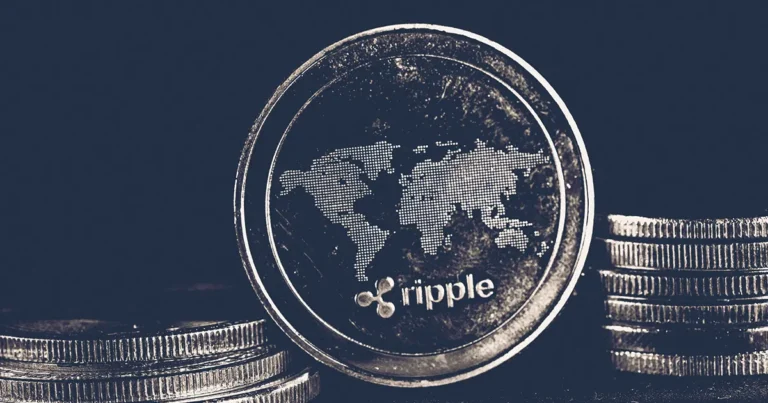27-2-2025 – Korean digital asset custody specialist BDACS has established a landmark partnership with Ripple to deploy its sophisticated Custody platform. The collaboration, unveiled on 26 February, will enable BDACS to securely safeguard XRP, RLUSD and various other digital assets.
This strategic alliance emerges against the backdrop of South Korea’s Financial Services Commission’s freshly outlined regulatory roadmap, which aims to facilitate greater institutional engagement within the digital asset marketplace. The timing appears particularly advantageous as the Korean regulatory landscape grows increasingly accommodating towards corporate cryptocurrency participation.
“Our partnership with Ripple will extend beyond merely expanding custody offerings,” remarked BDACS Chief Executive Harry Ryoo. “We intend to foster development within the XRP Ledger ecosystem and provide robust support for its community of developers and partners.”
The arrangement grants BDACS access to Ripple’s institutional-calibre software infrastructure, ensuring digital asset management adheres to banking industry security protocols. Ripple brings considerable expertise to the table, having amassed over ten years’ experience in digital assets whilst securing more than 60 regulatory licences globally.
South Korea’s evolving regulatory framework has sparked increased demand for specialised digital asset custody solutions, creating fertile ground for BDACS to strengthen its market position. The firm has already demonstrated its ambitions through recent strategic initiatives, including a December 2024 partnership with prominent Korean commercial bank Woori Bank to advance digital asset custody services.
The multi-blockchain integration capabilities of Ripple’s technology will enable BDACS to extend its custody services beyond XRP and RLUSD to encompass a wider array of tokens. This versatility positions both companies to potentially drive further innovation at the intersection of traditional finance and blockchain technology.
BDACS has also rapidly expanded its footprint in tokenised securities and real-world asset tokenisation through collaborative ventures with major protocols including Avalanche and Polymesh. These developments, coupled with the newly established stablecoin operational guidelines in South Korea, suggest the partnership may serve as a significant catalyst for bridging conventional financial systems with decentralised technologies.


